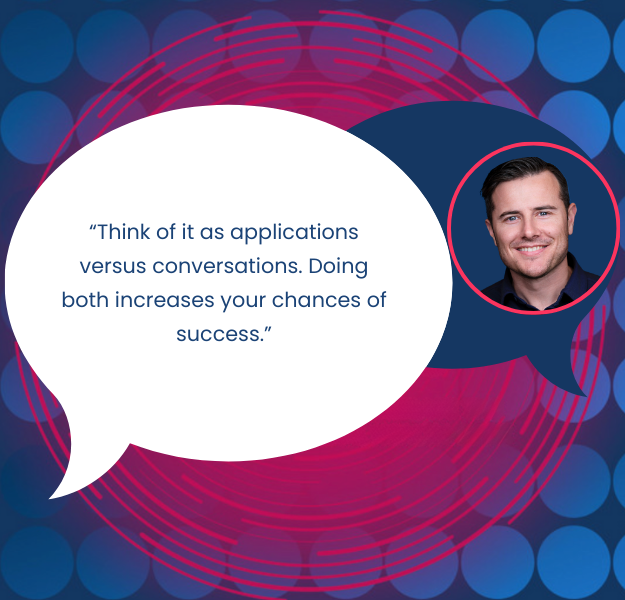
For those who are unfamiliar, our Expanding Access podcast explores the future of mental health, substance use, autism, and I/DD care. Hosted by Solome Tibebu, the show highlights industry leaders driving meaningful change through technology, health equity, and innovation.
On our most recent episode, Solome sits down with longtime friend and BHT community member David Recupero, a behavioral health business development leader and advocate, to talk about something that every behavioral health provider needs to understand: contracting with payors and how to move from fee-for-service to value-based care. Here’s what we covered:
David has spent nearly a decade in the behavioral health space and today, he currently works with Affect Therapeutics, a CARF-accredited virtual provider for substance use disorder treatment. Affect primarily serves Medicaid populations and uses an innovative approach, contingency management, to support recovery. Members are financially rewarded through a mobile app and smart debit card when they engage in recovery-focused behaviors, like attending counseling sessions or receiving a negative drug screen.
In addition to his day job, David co-instructs Out-of-Pocket Health’s “How to Contract with payors” course, designed to demystify the payor contracting process for providers.
We wanted to get his advice for how an early-stage virtual care provider or digital health startup could secure their first health plan, and he had some valuable advice.
First, contracting with payors generally starts with the basics: filling out forms, submitting credentials, and waiting to be approved for what is likely a fee-for-service contract. These contracts are straightforward: you bill for a service, and the payor reimburses you.
But as David explains, many providers want more than fee-for-service. They’re interested in value-based contracts, which can include:
The further along this spectrum, the more risk (and opportunity) providers take on.
David breaks it down into two parallel tracks:
“Think of it as applications versus conversations,” David says. “Doing both increases your chances of success.”

Now, let’s say you get the meeting booked with the appropriate health plan contact. Once you secure a conversation with a payor, David recommends:
David stresses the importance of starting with contracts that payors are comfortable with, even if they’re not your dream deal. For example, if a payor already tracks inpatient admission rates for members with severe mental illness, anchor your contract to that metric instead of pushing for a complex shared savings model right away.
“De-risk the decision for the payor,” he advises. “Start with something they already measure well, prove outcomes, and build trust. That opens the door to more advanced models later.”
Once you’ve established yourself as a successful provider already in their network, you can pursue more sophisticated arrangements like shared savings. But when attempting to level up to these sorts of agreements, be prepared to ask the right questions:
By coming to the table with a well-thought-out structure, you speed up the negotiation process and show payors you understand their world.
Contracting isn’t a straight line. It’s a back-and-forth process that requires persistence, patience, and the right questions. David’s goal, both in his work and his course, is to demystify the process and empower providers to navigate payor relationships with confidence.
As Solome puts it: “This conversation is a perfect preview of how in-depth and practical David’s course really is.”
For those eager to learn more, check out David’s contracting course with Out-of-Pocket Health. And don’t miss the 2025 Behavioral Health Tech Conference, happening November 11-13 in San Diego, where payor-provider partnerships and value-based care will be key tracks.
Until then, keep pushing boundaries and keep expanding access. Want more? Click to watch the full episode or listen on your go-to podcast app.